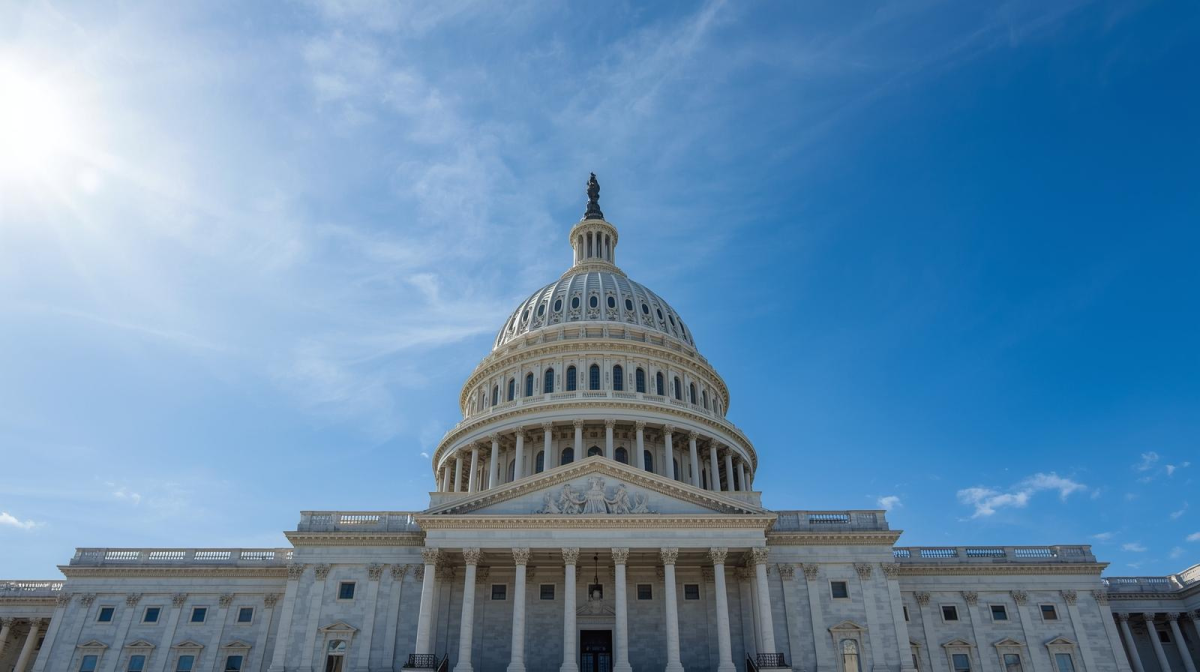The Amazon Rainforest, often referred to as the “lungs of the Earth,” is not only a biodiversity hotspot but also a region filled with hidden mysteries. Among its dense plants and winding rivers lie communities that have chosen to remain isolated from the modern world. These uncontacted tribes’ existence raises questions about humanity’s past, present and future.
Uncontacted tribes are indigenous groups that have had little to no contact with the outside world, often living deep within the Amazon Rainforest and other remote regions. Estimates suggest that there are around 100 uncontacted tribes globally, with a significant portion located in the Amazon.
These tribes, sometimes referred to as “lost tribes” or “first peoples,” live in a way that has been unchanged for centuries, maintaining traditional lifestyles, languages and customs. Their isolation shields them from the influence of modern society, preserving ancient knowledge and practices that offer invaluable insights into human history and cultural diversity.
The existence of uncontacted tribes presents an extreme ethical dilemma. On one hand, there is a desire to respect their culture and way of living, acknowledging the potential harm that contact with the outside world can bring, such as exposure to diseases for which they lack immunity and disruption of their way of life. On the other hand, there are arguments for contact, including humanitarian concerns such as providing medical assistance and protecting their land rights.
Efforts to protect uncontacted tribes and their territories are extremely important. Various organizations and governments work to establish and enforce protected areas where these tribes can live undisturbed. Additionally, initiatives are underway to document their languages, traditions and ecological knowledge, recognizing the importance of preserving their cultural heritage for future generations.
Despite these efforts, uncontacted tribes face numerous challenges and threats. Deforestation, illegal logging, mining and agricultural expansion continue to trespass upon their territories, jeopardizing their way of life and the ecosystems they depend on for survival. Clashes with outsiders, whether intentional or unintentional, pose a constant threat to their well-being and cultural integrity.
Finding a balance between preserving the autonomy of uncontacted tribes and providing assistance when needed is crucial. This requires careful consideration of ethical, cultural, and environmental factors, as well as collaboration between governments, indigenous organizations, conservationists and other stakeholders.
As we strive to navigate the complexities surrounding uncontacted tribes, it is essential to approach the issue with humility, respect, and a commitment to human rights and environmental supervision. By working together to protect these vulnerable communities and their ancestral lands, we can honor their rich cultural heritage and contribute to the conservation of one of the world’s most biodiverse and vital ecosystems – the Amazon Rainforest.
Image courtesy of Rawpixel.








